Search Articles
Browse Content (p. 69)

Article
Pericles & the Restoration of the Athenian Agora
The agora of Athens developed from the 6th century BCE until it was destroyed in the Persian invasion of 480 BCE. Afterwards, the statesman Pericles (l. 495-429 BCE) used funds from the Delian League to restore it as the physical manifestation...
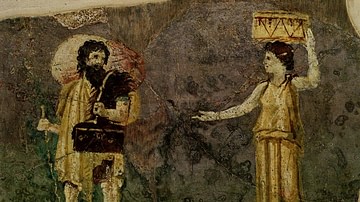
Article
Hipparchia the Cynic: Devoted Wife, Mother, & Outspoken Greek Philosopher
Cynic philosopher, wife of Crates of Thebes (l. c. 360 – 280 BCE), and mother of his children, Hipparchia of Maroneia (l. c. 350 – 280 BCE) defied social norms in order to live her beliefs. She is all the more impressive in that she taught...
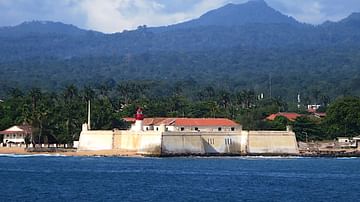
Article
The Portuguese Colonization of São Tomé and Principe
São Tomé and Principe are islands located in the Gulf of Guinea in West Africa. They were uninhabited before being colonised by the Portuguese from 1486. So involved were they with the slave trade, they became known as the Slave Islands where...
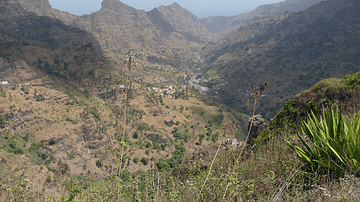
Article
The Portuguese Colonization of Cape Verde
The Portuguese colonization of the Cape Verde (Cabo Verde) Islands began from 1462. Initially envisaged as a base to give mariners direct access to West African trade, the Central Atlantic islands soon became a major hub of the Atlantic slave...
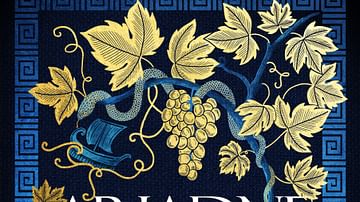
Interview
Interview: Ariadne by Jennifer Saint
World History Encyclopedia is joined by Jennifer Saint, who is going to tell us all about her debut novel Ariadne. Kelly (WHE): Do you want to tell us a little bit about the book? Jennifer Saint (author): The book is a retelling of the...
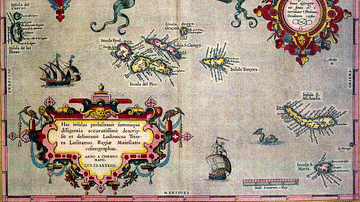
Article
The Portuguese Colonization of the Azores
The Azores (Açores) are a North Atlantic island group, which was uninhabited before being colonized by the Portuguese from 1439. The Azores were strategically important for Portuguese mariners to use as a stepping stone to progress down the...
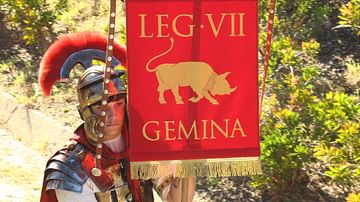
Article
Legions of Spain, Roman Africa & Egypt
The legions of Spain, Roman Africa, and Egypt did not see the intensity of action that prevailed elsewhere in Europe. However, the presence of these four legions - VII Gemina, IX Hispana, XXII Deiotariana, and II Traiana Fortis - was still...
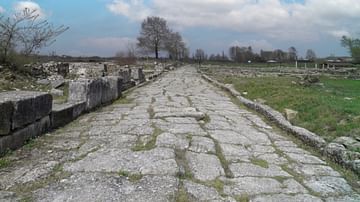
Article
Visitor's Guide to Ancient Dion
Dion is located at the foot of Mount Olympus in the north of Greece, in what would have been ancient Macedon. It takes its name from the most important Macedonian sanctuary dedicated to Zeus ("Dios” meaning "of Zeus”). Legend claims this...

Article
The Portuguese Colonization of Madeira
Madeira is a group of volcanic islands in the North Atlantic which were colonised by the Portuguese from 1420. The settlement and distribution of land rights on the uninhabited islands was a model the Portuguese Crown would copy in other...
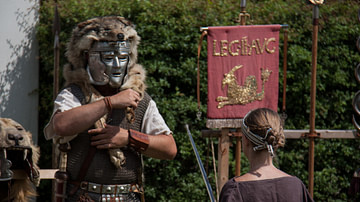
Article
Legions of Britain
After the Roman emperor Claudius (r. 41-54 CE) successfully conquered Britain in 43 CE, four legions were left there to maintain the peace: XIV Gemina, II Augusta, IX Hispana, and XX Valeria Victrix. However, by the end of the decade, XIV...